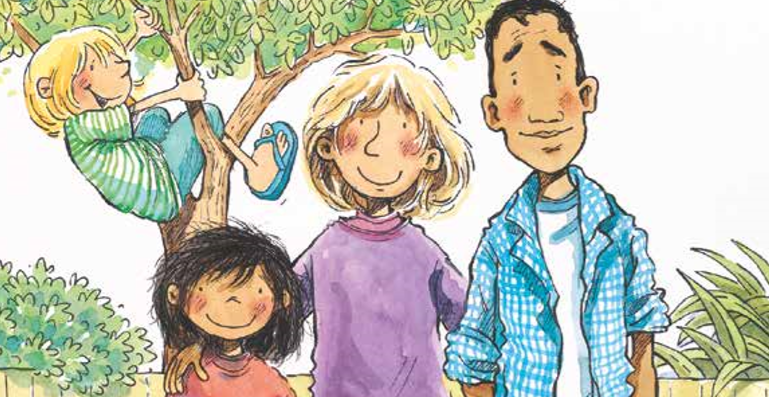Here’s some more thinking on it;
Children who are primary school age have different developmental needs in therapy than teenagers - of course - we know this. But actually, they are fundamentally different. Children under the age of about 10 are not individuated - they don’t really function in their heads as fully autonomous individuals. That’s why they need parents who can tell them what to do, how to behave etc. Children under the age of about 7/8 are quite concrete thinkers, they aren’t really able to reason their way through things - give them something to be afraid of and they will just be afraid of it, they will find it difficult to reflect on their actions or logically think through why they are afraid and what they could do about it. Children will get these skills at different rates, they are skills that grow as they develop and as they have different interactions - they don’t just switch on and off. So counselling children alone is a whole different skill, and often not effective or appropriate.
Sending a child to a counsellor is not like sending an adult. An adult will be able to answer the question (usually) “why am I here?” and they will be able to reflect on their own behaviour and others, and decide upon and practice new ways of behaving. A child usually won’t be able to do that. Some responses on our Facebook post suggested that parents wanted counsellors to ‘teach’ children skills so that they can be resilient - counselling is not usually about teaching, it is about listening and facilitating. If teaching worked in counselling, then surely every person who had been to a counsellor would be making good choices about their lives and practicing value based living all the time. Just like nutrition education, someone telling me sugar is bad doesn’t stop me buying my children ice creams.
If we send a child to a counsellor to ‘get them fixed’, like we would take them to a doctor, then we are laying responsibility for the ‘problem’ on the child’s shoulders. Those are small and immature shoulders to be responsible for such things. I would suggest that if we have counsellors in primary schools, they should be seeing the family around the child as much as the child in an effort to understand the context that the problems live within. We all know that when a child has a tantrum, it is not simply the tantrum that we should pay attention to, it is the whole context before and after. Do Mum and Dad have the same kinds of responses when they are upset? How does the child communicate her needs? What is it in the child or family life that is worthy of such overwhelming feeling? When someone has that kind of feeling, how is it dealt with? Is the tantrum attended to or the actual issue behind it? And on and on. We must, must, must, not lay responsibility for ‘fixing’ our ways of being in our family, on our children. That will mean a lot more therapy when they are adults!!
So if we want counsellors to be available for our primary-aged children, I think we need to be willing to attend with them. There’s evidence based research that shows that counselling for children is more effective when it involves the family. There is good reason for this - children need to have support to implement new ideas, to think new things, and if their family knows what is going on in counselling, this can support any change that they are trying to make. Also, as I have alluded to, problems don’t usually occur in this age group without a multi-relational context. If parents attend too, some of these relationships can be explored and parents can make changes themselves that support the child too. This work isn’t easy though, it will be awkward and embarrassing and probably challenging. That’s what change is like.
I have been talking here about children who have a caring family around them. Of course there are many children who do not have caring adults; children who have been neglected, abused or abandoned. It is especially these children who need long term therapeutic relationships with trustworthy adults to help them develop a sense of worth and belonging. School counsellors in primary schools would be another potential source of this for them. School counsellors would also be another adult looking out for children who are in this kind of situation and who need immediate help.
In conclusion, if we are thinking about counsellors in primary schools, we must consider including the family unit, and looking at the way in which counsellors might work in a different way from those in Secondary education settings.
Written by Julie Burgess-Manning. Get in touch [email protected]

 RSS Feed
RSS Feed